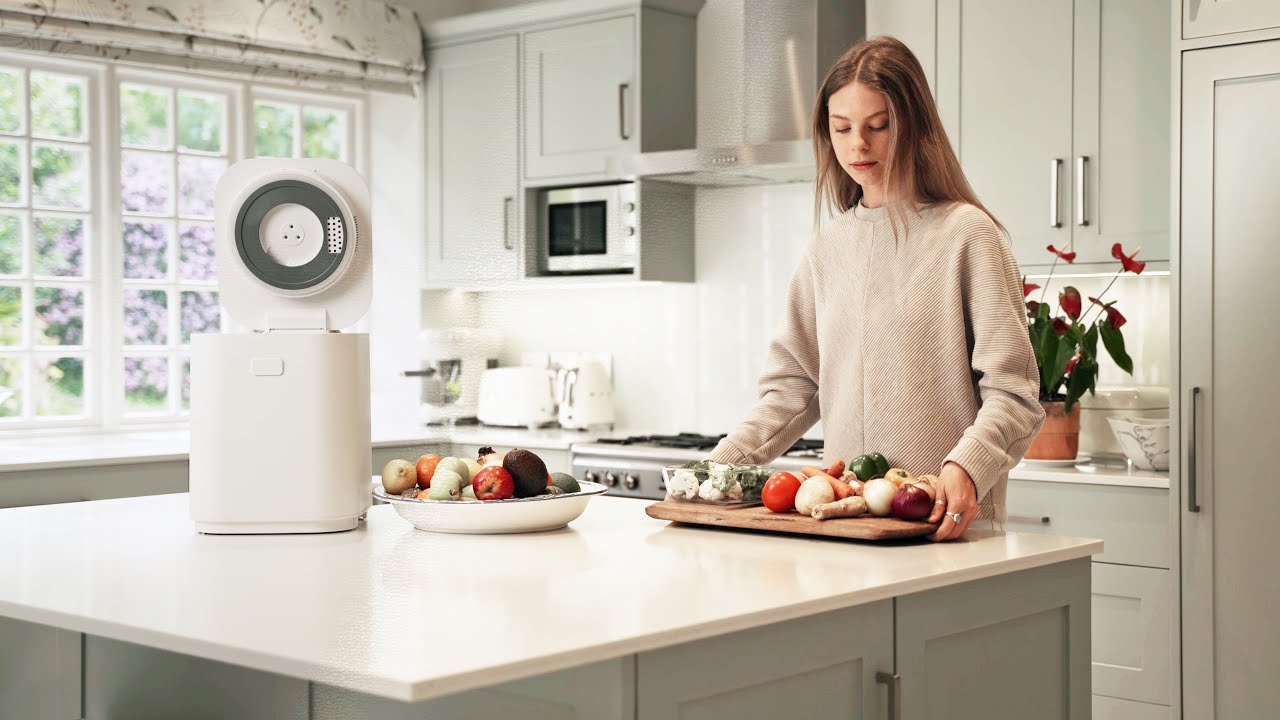Reducing kitchen waste is a priority for many households aiming to adopt more sustainable living practices. Composting is a practical, eco-friendly solution that turns organic waste into nutrient-rich garden material. While traditional composting methods are well-known, there are less commonly used techniques that fit conveniently into modern lifestyles, even for those with limited space or time. This article explores unconventional kitchen composting hacks, including Bokashi bins, micro-composting, and electric composting machines.
Understanding the Basics of Kitchen Composting
Before addressing unique composting methods, it is important to understand what kitchen composting entails. Composting involves the natural decomposition of organic materials, such as vegetable scraps, coffee grounds, and eggshells, to create a valuable soil amendment. The right balance of green (nitrogen-rich) and brown (carbon-rich) materials and proper moisture and aeration form the foundation of successful composting.
Bokashi Composting: Fermentation for the Busy Gardener
Bokashi composting is a method originating in Japan that utilizes fermentation to break down organic waste. Unlike traditional composting, this technique works for all kitchen scraps, including meat and dairy, making it an excellent choice for households with diverse waste.
- How it Works: Bokashi bins use a specific mix of microorganisms called Bokashi bran to ferment waste in an anaerobic (oxygen-free) environment. After filling the bin, the contents are left to ferment for about two weeks before being buried in the soil to complete decomposition.
- Benefits: This method is odor-free, space-efficient, and fast, perfect for small kitchens or urban dwellers.
- Eco-Friendly Tip: Use leftover Bokashi liquid as a nutrient-packed fertilizer for your garden.
Micro-Composting: Small Batches for Minimal Waste
Micro-composting offers a practical solution for households producing smaller amounts of organic waste. This technique involves composting in compact containers, such as jars or buckets, which are easy to manage and maintain.
- How to Get Started: Choose a container with a lid, add a layer of soil, and alternate layers of kitchen waste with carbon-rich materials like shredded paper. Stir occasionally to aerate the contents.
- Best for Beginners: Micro-composting requires minimal effort and allows you to experiment on a smaller scale before committing to larger systems.
- Pro Tip: Place micro-composting jars on a sunny windowsill to speed up decomposition.
Electric Kitchen Composters: Convenience Meets Sustainability
Electric kitchen composters provide an efficient and eco-friendly solution for those with a fast-paced lifestyle. These compact appliances process organic waste into usable compost in as few hours, offering a convenient way to manage kitchen scraps without requiring outdoor space.
- What Are They? An electric kitchen composter is a machine that grinds, heats, and dehydrates organic waste, producing fine compost suitable for gardens and plants.
- Advantages: These machines are odorless, easy to operate, and significantly reduce the volume of waste. They also allow for year-round composting, regardless of weather conditions.
- Considerations: While electric compost machines require an initial investment, their long-term benefits in reducing landfill contributions and producing high-quality compost make them a worthwhile choice for eco-conscious households. An electric compost machine is ideal for individuals seeking a low-maintenance, high-efficiency composting method.
Combining Composting Techniques for Optimal Results
No single composting method suits every household. Combining techniques can maximize waste management efficiency while catering to your specific needs. For example, an electric kitchen composter can be used to quickly process daily scraps and supplement them with a Bokashi bin for items like meat and dairy. Alternatively, pair micro-composting with outdoor garden beds to enrich soil with minimal effort.
Common Challenges and How to Overcome Them
Even with unconventional composting hacks, challenges can arise. Here are some tips to ensure success:
- Managing Odors: To prevent unpleasant smells, properly balance green and brown materials in micro-composting or ensure tight seals on Bokashi bins.
- Avoiding Pests: Cover composting containers securely and store them in a designated area.
- Using Finished Compost: Incorporate the end product into your garden beds, planters, or lawn to improve soil health and promote sustainable gardening.
Why Choose Eco-Friendly Waste Management?
Incorporating kitchen composting into daily routines reduces landfill contributions and supports sustainable gardening practices. By creating nutrient-rich compost, you invest in healthier soil, leading to better yields and more vibrant gardens. Innovative solutions like an electric compost machine make it easy and convenient to integrate composting into busy modern lifestyles.

